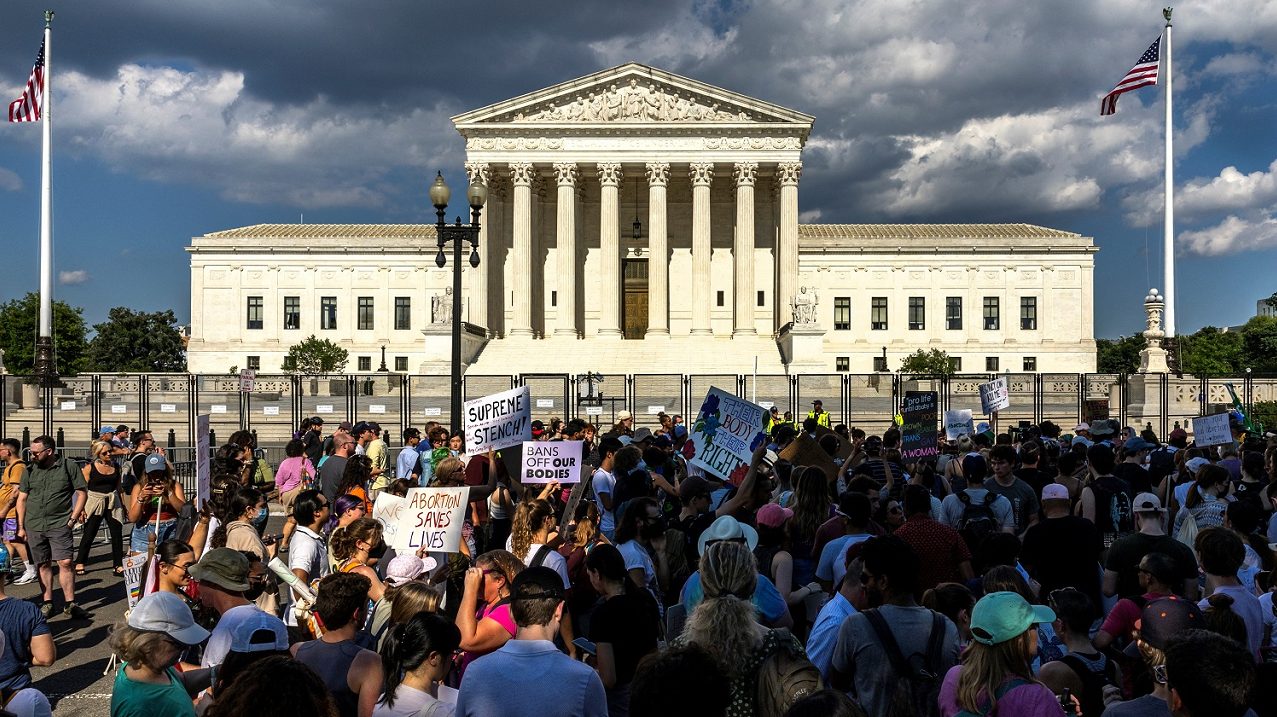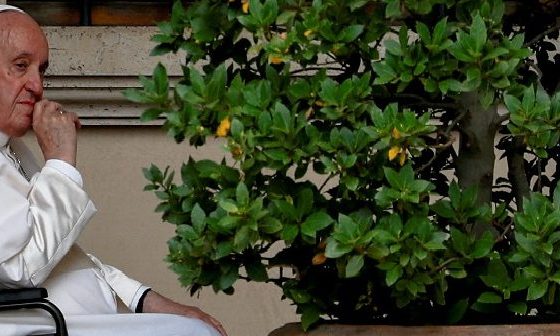Roe v. Wade is overturned and protests erupt, gun laws are revisited, war rages in Ukraine, Sri Lanka’s economy collapses, bank runs in China, escalating tensions between the US and China over Taiwan, an increasingly belligerent North Korea, and a nearly nuclear and wholly unruly Iran—all these are a prelude to a fiery turmoil that will storm the world.
The unwanted, unintended, yet inescapable ties among all parts of humanity are raising the level of friction and aggression while our connectedness relentlessly increases.
In this mayhem, countries will collide with countries, parties will jar with parties, societies will clash, and people will thrash one another. Everyone will be embroiled in a vortex in which everyone is connected to everyone else, and everyone influences everyone else. The clashes will demonstrate how hostile we are, how unwilling we are to listen to each other or hear about each other until everything seems to fall apart.
“When we realize how closely and irrevocably we are connected, we will establish new relationships between us, family relationships among all of humanity. This will solve most, if not all, of our problems.”
But then people will begin to realize the unexpected truth that the differences between us do not divide us, but nourish us. They will see that although we feel apart, we are actually a family where each member has a unique position, duties, and chores. Yet, above it all, we are a family.
When we realize this, we will understand and even feel that we can succeed only as a family, and not alone. We will understand that although mom does some things, dad does other things, and the children all have their different chores and duties, these differences are not what matters. What matters is not what we do in the family, but that we are a family; that we are connected in our hearts.
When we realize how closely and irrevocably we are connected, we will establish new relationships between us, family relationships among all of humanity. This will solve most, if not all, of our problems.
For example, the impending wave of hunger that will engulf many countries, or the heating problems that countless countries will face next winter, are avoidable crises. There is enough food and gas to meet the needs of all of humanity, and then some. But since there is no desire to distribute these staples, and plenty of desire to deny them and torment other nations, humanity is condemned to starvation and to freezing. In other words, the problem is our foul connection, not a scarcity of anything.
In the current situation, these problems will impact not only countries at war or those that rely on imports for provision of staples; they will affect everyone. The inevitable result will be a realization that our only option is to forge positive relations and connect with one another like the family, as we just mentioned. The question is how much fiery turmoil we will have to endure before we come to this conclusion.











